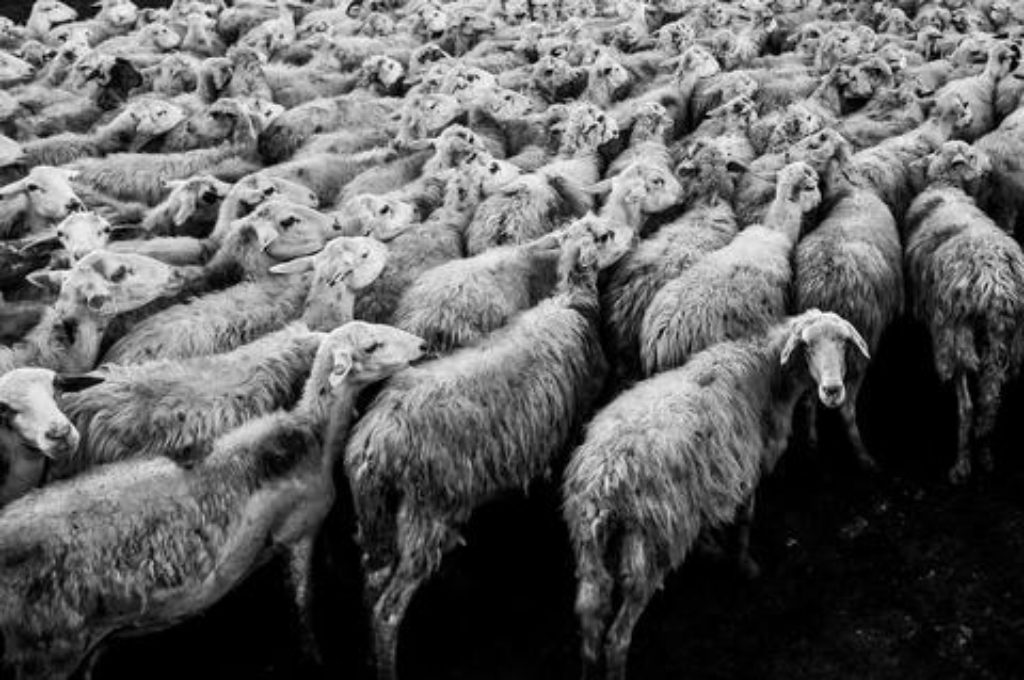Access to market key to adopting improved legume technologies
Some of the farmers that participated in the a meeting with CABI/AFAP team in December 2016 in Chalangwa village, Chunya district, Mbeya region. Second from left is the District Agricultural Officer Mr. Augustine Ndelwa. Photo: Abigael Mchana, CABI By Monica Kansiime, Seed systems scientist, CABI In the southern highlands of Tanzania, people’s livelihoods are dependent…
Plant clinic established in Cambodia – Climate-Smart Village to address crop pests
A CABI representative presents on how future plant health clinics will be conducted. Farmers can bring plant samples to the plant clinic when requesting for advice on addressing their crop problems. Photo: F. Emdin (WorldFish) The 22nd Session of the Conference of the Parties (COP) to the United Nations Framework Convention on Climate Change (UNFCC) took place…
One Health: free online course from FutureLearn features CABI authors
One Health is about connectedness: "the collaborative efforts of multiple disciplines working locally, nationally, and globally to attain optimal health for people, animals, plants and our environment”. On One Health Day, November 3rd 2016, CABI's editors held a One Health (#OneHealth) Blogathon to focus attention, contributing a total of 6 blogs to Handpicked… and Carefully Sorted, each…
How soil health is integral to One Health
One of a series of blogs written by CABI editors for One Health (#OneHealth) Day on November 3rd 2016 "It is difficult to rate the importance of the different soil functions, since all are vital to our well-being to some extent. However, the function of supporting food and agriculture worldwide is fundamental for the preservation and advancement of…
Author of the Month: Climate Change Impacts on Urban Pests, Partho Dhang
A survey revealed that “climate change” remains a top recognisable and used phrase in the first two decades of this century. Today, climate change generates enormous interest socially and has become an agenda in major meetings governing varied subjects such as national security, trade, economics, agriculture, public health and the environment. Evidence of climate…
Excessive use of antimicrobials in intensive livestock farming as One Health issue
Most antibiotics in livestock farming are used in aquaculture, but significant amounts are also used in terrestrial livestock species, particularly in poultry and pigs. Approximately 70% of antibiotics are used for non-therapeutic purposes, i.e. many antibiotics are used in sub-therapeutic doses and over prolonged periods, which leads to the development of genes that confer antimicrobial resistance to animal pathogens. These genes can subsequently be transferred to human pathogens and it is estimated that 75% of recently emerging diseases in humans are of animal origin. Antimicrobial resistance (AMR) problems are further exacerbated by the fact that antibiotic resistance genes were found in bacteria long before antibiotics were ever used on super-pathogens in farm animals. AMR is a worldwide problem, which clearly affects both animal and human health, and hence it is truly One Health issue.
How crop diversity could help secure our future food supply
Diversity within maize. Image source: Sam Fentress, CC BY-SA 2.0, https://commons.wikimedia.org/w/index.php?curid=1293212 16 October is World Food Day (#WFD2016); this year’s theme is ‘Climate is changing. Food and agriculture must too.’ Jennifer Cunniff, plant scientist in CABI’s editorial team looks at how harnessing crop diversity is vital for us to meet the challenge. Of the wide…
Author of the Month Blog: Sustainable Water Management in Smallholder Farming, Sara Finley
This month, Sara Finley puts the spotlight on popular education tools for sustainable development. Her new book, Sustainable water management for smallholder farming: Theory and Practice is now available in the CABI bookstore. Can I speak to the manager? Fundamentally, water management is not really about managing water, it’s about managing people. Water in nature…
Author of the Month Blog: The Handbook of Mites of Economic Plants, Dr Vincenzo Vacante
The control of mites that are harmful to economic plants can be achieved by physical, chemical, biological, cultural and Integrated Pest Management (IPM). Alternatively, host plants can be bred to be resistant to mites but, in my opinion, the use of genetically modified organisms (GMOs) lacks any ecological foundation and, therefore, can result in being…


